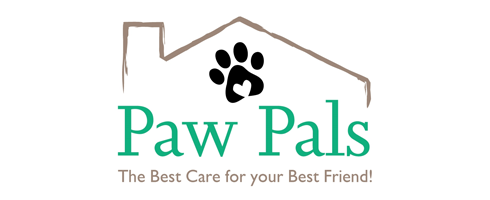If you’re a first-time puppy owner, you may feel both excited and terrified. Don’t worry; you’re far from being alone! Young dogs often need time to learn different patterns of good behavior, like learning not to bite anyone. For most breeds, biting and chewing on limbs and objects is normal for the first few weeks, but not after three or four months of age. The ability to train your puppy not to bite shouldn’t be a daunting task, it’s easier than it seems!
A recent study by caninejournal.com showed that there were 4.5 million dog bites in the United States in 2016 (out of roughly 78 million dogs in the nation), although only 19% of these incidents resulted in injuries. This analysis also found that Kangals, English Mastiffs and Wolfdogs had the strongest bite, while Dobermans, German Shepherds and Pitbulls were determined to be less aggressive when it comes to biting.
Here is a guide on how to train a puppy not to bite.
Praising Good Behavior Moments
Positive reinforcement isn’t just an important mechanism to use with young children; it can also be a highly effective method to use with puppies. Whenever your puppy obeys a command like “sit” or “stay,” reward them with verbal praise. A simple comment like “good boy” (or “good girl”) can go a long way toward helping him or her become less aggressive. Creating a safe space for your puppy is important so that he or she does not feel threatened.
Using A Stern Voice For Negative Behaviors
Just like good behavior merits praise, your puppy should be reprimanded for any bad habits. This means finding a sufficiently loud and authoritative voice and using certain words (like “no” or “stop”) to punish your puppy. Don’t go too far, however and terrify your pet to the point of driving him or her away from you and your home.
Substitute Skin For Novel Toys
If your puppy develops an affinity for biting or chewing on certain body parts (like fingers or legs), consider introducing him/her to novel toys to play fetch with, like plush bones, balls, treat-dispensing toys or even puzzle toys. Always keep these in an easily accessible place. Once he or she plays safely and gently with these toys, you can try switching to outdoor objects like frisbees. Repeat until your puppy responds in a quick and gentle manner.
Taking puppies to a dog park once they have developed a series of good behavior patterns can also be beneficial to their well-being.
Time Out
Just like mischievous children, puppies who misbehave should be scolded with time out to let them calm down and learn to treat people and sensitive objects with respect and care. You can even send your pet to a designated time out area, like a corner. Ignoring your puppy for a few minutes after a bite can also work. In extreme cases, a taste deterrent, like a lotion, can also be used to punish your puppy. Keeping a leash on your pet during time-out can also let you monitor him or her more closely.
As a general rule, there are certain actions you should avoid taking when working to train your puppy not to bite or become aggressive. These actions include hitting the sides of his or her face, making extremely sudden movements, or sticking your hands down the throat.
Ask For Help From Local Paw Experts
Reach out to the experienced professionals at Paw Pals Pet Sitting, LLC to learn more about the most effective ways to teach a puppy not to bite. Based in Centreville, Virginia, Paw Pals serves pet owners in Chantilly, Clifton, Fairfax, Fairfax Station, Manassas and Reston.
Paw Pals, which also provides dog-walking services, was founded by family woman and proud Australian Shepherd owner Mary Telesz, who has worked as a pet sitter for more than 15 years.
A standard, 30-minute visit for a puppy costs as low as $24 ($3 for each additional dog). These visits typically include playtime, brushing and treats, as well as provision of any medications if necessary. Additional fees may apply for overnight sitting and extra services like dog supply pick-up, transportation and waste pickup. Paw Pals are bonded, licensed and completely insured, as well as PetTech certified in FirstAid and PetCPR. Call Paw Pals today at (703) 345-1695 or contact them online to learn more about their services or to schedule an appointment.


